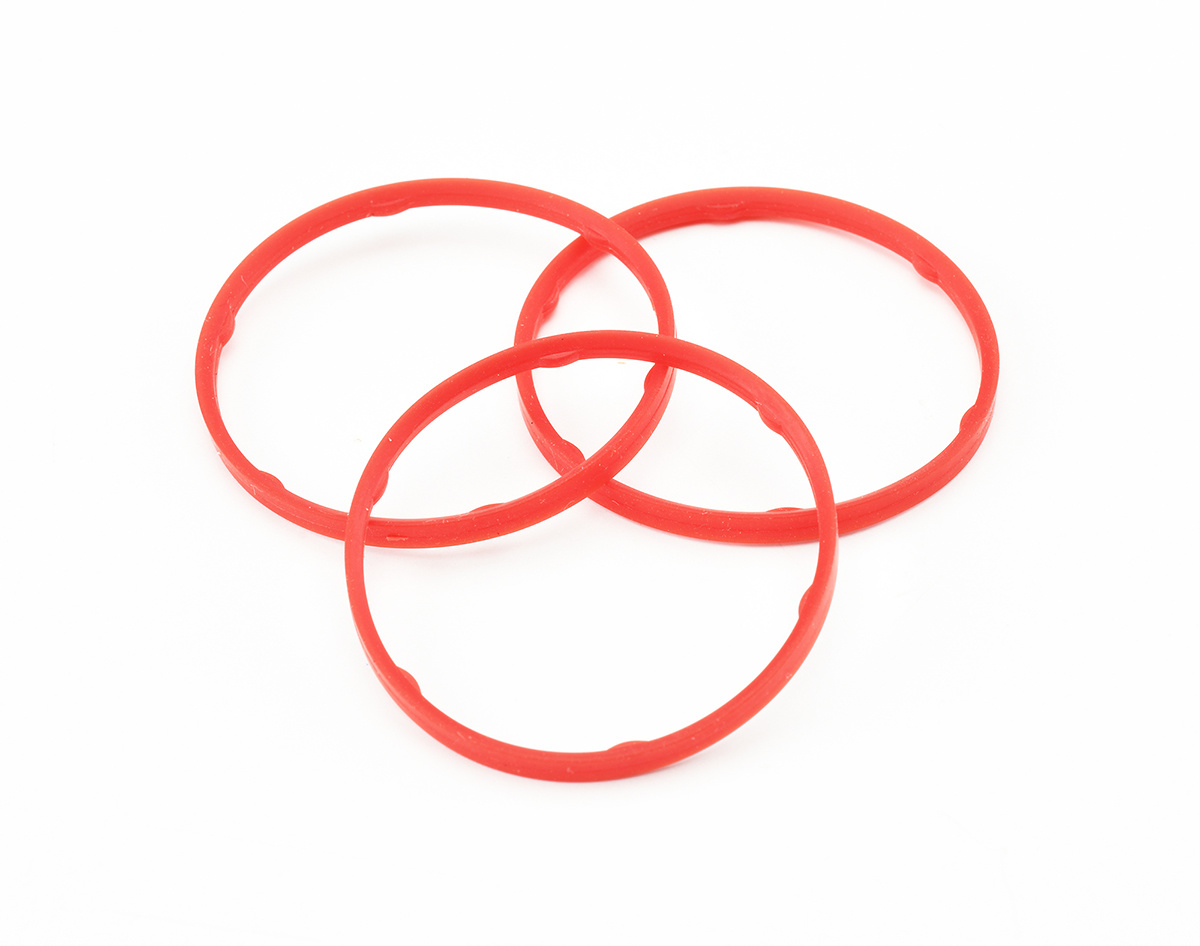14
2024
-
07
The Engine's Shield: Benefits of Using Hydraulic Oil Seals
**Introduction**
When it comes to maintaining the health and efficiency of your vehicle's engine, one crucial component that often goes unnoticed is the hydraulic oil seal. These seals play a vital role in protecting the engine from dust, dirt, and other contaminants while ensuring that the oil stays contained within the system. In this article, we will explore the benefits of using hydraulic oil seals and why they are essential for the proper functioning of your engine.

**What are Hydraulic Oil Seals?**
Hydraulic oil seals are specialized seals designed to prevent oil leaks in hydraulic systems. They are typically made from high-quality materials such as rubber, silicone, or polyurethane, which are resistant to heat, pressure, and chemical exposure. These seals are installed in various parts of the engine, such as the crankshaft, camshaft, and cylinder head, to prevent oil from escaping and contaminating other components.
**Benefits of Using Hydraulic Oil Seals**
1. **Prevents Oil Leaks**: One of the primary benefits of using hydraulic oil seals is that they prevent oil leaks, which can lead to engine damage and reduced performance. These seals create a tight barrier that keeps the oil contained within the system, ensuring proper lubrication of moving parts.
2. **Protects Against Contaminants**: Hydraulic oil seals also protect the engine from contaminants such as dust, dirt, and debris that can infiltrate the system and cause wear and tear on critical components. By sealing off vulnerable areas, these seals help maintain the cleanliness and integrity of the engine.
3. **Enhances Performance**: By preventing oil leaks and keeping contaminants at bay, hydraulic oil seals help enhance the overall performance of the engine. With proper lubrication and protection, the engine can operate smoothly and efficiently, delivering optimal power and fuel efficiency.
4. **Increases Longevity**: Using hydraulic oil seals can extend the lifespan of your engine by reducing wear and tear on essential parts. By maintaining proper oil levels and preventing leaks, these seals contribute to the longevity of the engine, saving you time and money on costly repairs.
**FAQs**
1. What are the common signs of a failing hydraulic oil seal?
- Some common signs include oil leaks, decreased engine performance, and unusual noises or vibrations.
2. How often should hydraulic oil seals be replaced?
- It is recommended to replace hydraulic oil seals during routine maintenance or whenever signs of wear and tear are noticed.
3. Can I install hydraulic oil seals myself, or should I seek professional help?
- While some individuals may have the skills to replace hydraulic oil seals on their own, it is always best to consult a professional mechanic for proper installation and maintenance.
4. Are hydraulic oil seals compatible with all types of engines?
- Hydraulic oil seals come in various sizes and configurations to fit different engine types, so it is essential to choose the right seal for your specific vehicle.
5. What are the risks of not replacing worn-out hydraulic oil seals?
- Neglecting to replace worn-out seals can lead to oil leaks, engine damage, and decreased performance, resulting in costly repairs and potential safety hazards.
**Conclusion**
In conclusion, hydraulic oil seals are an essential component of your vehicle's engine system, offering protection, performance enhancement, and longevity benefits. By investing in high-quality seals and ensuring they are properly installed and maintained, you can safeguard your engine and enjoy smooth, efficient operation for years to come. Take care of your engine's shield with hydraulic oil seals and experience the difference in performance and reliability.
More News


